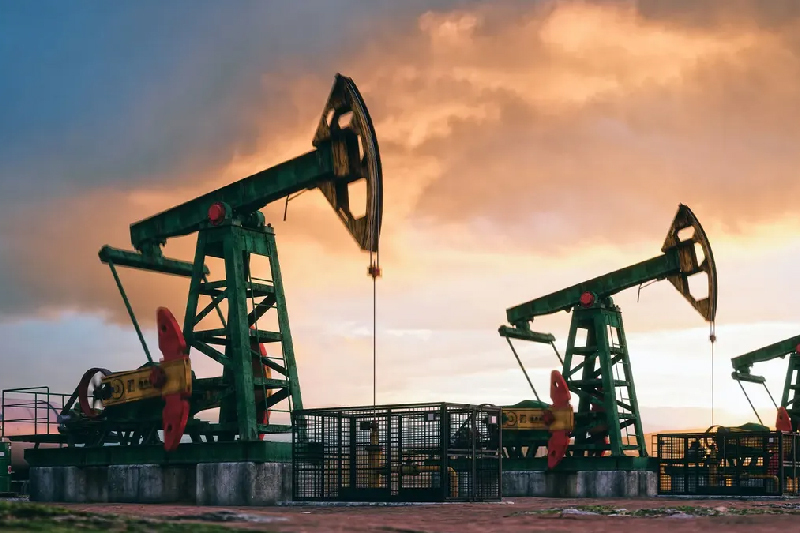
COP28 Spotlight: US Pushes Aggressive Methane Reduction Plan
US Unveils Ambitious Plan to Curb Methane Emissions in Global Climate Effort at COP28
In a significant move at the COP28 climate conference in Dubai, the Biden administration has officially introduced comprehensive regulations targeting methane emissions from the US oil and gas sector. The rules, disclosed after two years of development, align with a broader global initiative involving 150 countries committed to reducing methane emissions by 30% from 2020 levels by 2030.
Methane, a potent greenhouse gas, often escapes unnoticed from oil and gas infrastructure, contributing significantly to climate change. The new standards, presented by US officials, aim to enhance international commitments to addressing climate change while concurrently improving air quality nationwide. Michael Regan, Administrator of the US Environmental Protection Agency (EPA), emphasized the urgency of these measures in curbing climate change and safeguarding communities.
Keep Reading
U.S. Environmental Protection Agency Administrator Michael Regan told a news conference in Dubai- “These new standards will help us meet our international commitments to aggressively tackle climate change, while improving air quality for communities all across the country,”
The EPA’s policies include prohibiting routine flaring of natural gas from newly drilled oil wells, mandating leak monitoring at well sites and compressor stations, and implementing a program using third-party remote sensing to detect emissions from “super emitters.” These regulations are estimated to prevent approximately 58 million tons of methane from entering the atmosphere between 2024 and 2038, a significant impact comparable to the 2021 carbon dioxide emissions from the power sector.
Governor Michelle Lujan Grisham of New Mexico praised the rules, highlighting the potential for the US to set an example for other nations. Environmental groups, including Earthjustice, welcomed the stringent methane standards, emphasizing their role in reducing climate pollution and safeguarding communities.
Despite initial positive responses, industry stakeholders, such as the American Petroleum Institute (API), expressed the need for a balanced approach, considering rising energy demand. The final rule, subject to industry review, offers a conceptual framework that both Exxon and BP find supportive, contingent on reasonable and sound policy implementation.
Exxon CEO Darren Woods told Reuters at COP28 that it still needs to review the rule but: “Conceptually, we’re supportive of it as long as it’s a reasonable and sound policy.”
As the world grapples with climate challenges, the US seeks to lead by example, urging collective global efforts to combat methane emissions and accelerate the transition toward a sustainable energy future.




